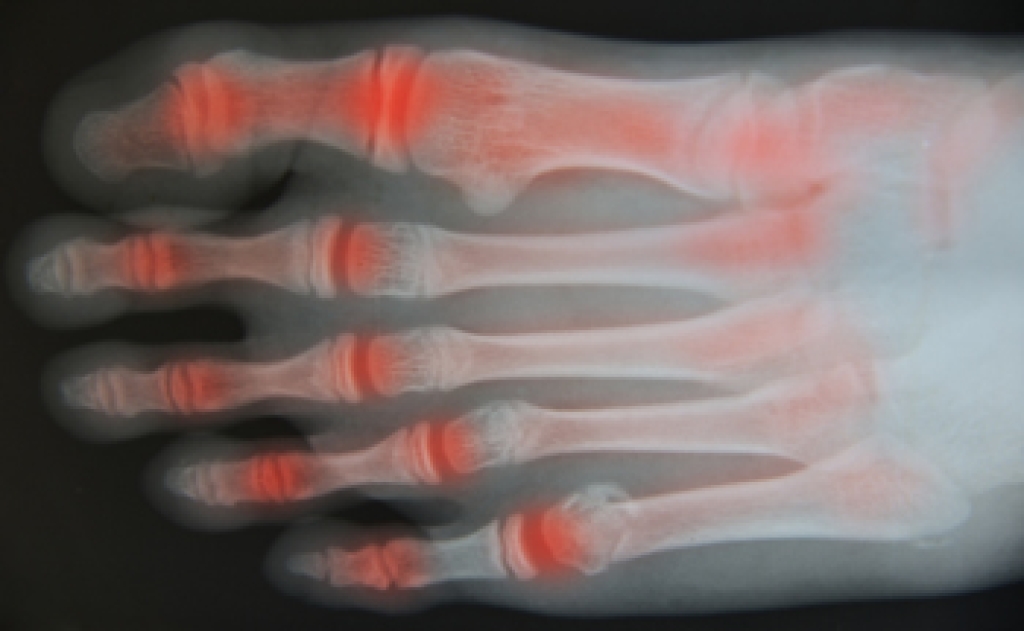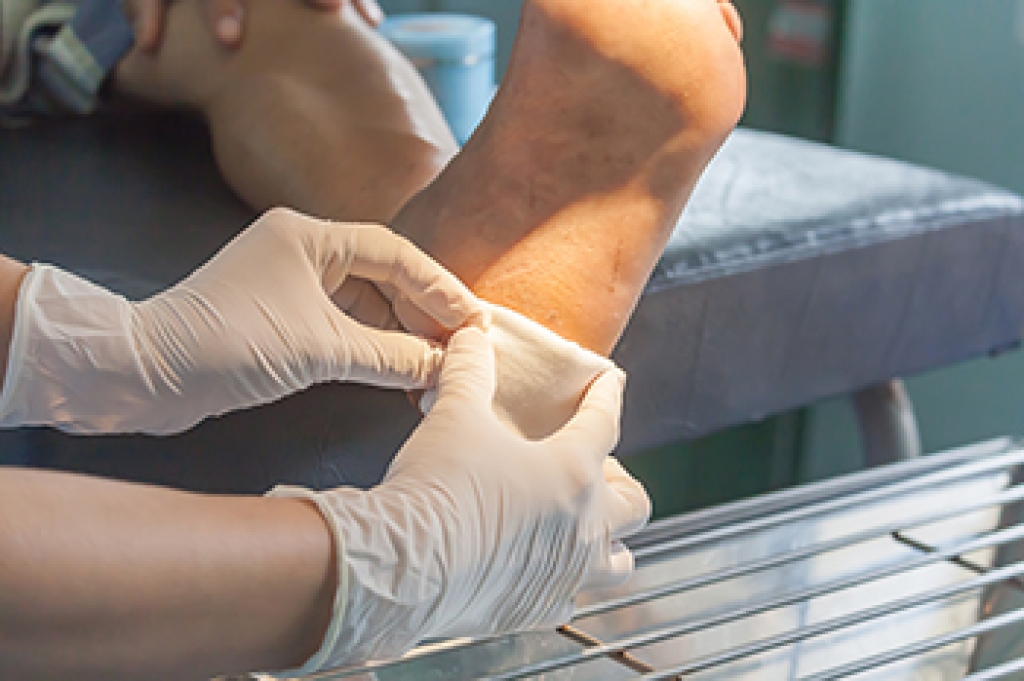
Pain from arthritis in the feet and ankles can be relieved through certain exercises. Experts suggest low-impact activities like swimming and yoga, which help take the pressure off the feet as you move. In addition, research has shown that performing specific stretches may help to ease foot pain, making it easier to complete daily activities. These include toe curls, the ankle alphabet, and calf stretches for the Achilles tendon. Toe curls are done while sitting in a chair, placing a towel on the floor, dragging it toward you with the toes, and followed by pushing it away. The ankle alphabet is practiced by writing the letters of the alphabet in the air with your foot. If you have ankle or foot arthritis, it is suggested that you are under the care of a podiatrist who can help you to manage this condition.
Arthritis can be a difficult condition to live with. If you are seeking treatment, contact Dr. Castillo from Bronx Foot Care. Our doctor can provide the care you need to keep you pain-free and on your feet.
Arthritic Foot Care
Arthritis is a term that is commonly used to describe joint pain. The condition itself can occur to anyone of any age, race, or gender, and there are over 100 types of it. Nevertheless, arthritis is more commonly found in women compared to men, and it is also more prevalent in those who are overweight. The causes of arthritis vary depending on which type of arthritis you have. Osteoarthritis for example, is often caused by injury, while rheumatoid arthritis is caused by a misdirected immune system.
Symptoms
- Swelling
- Pain
- Stiffness
- Decreased Range of Motion
Arthritic symptoms range in severity, and they may come and go. Some symptoms stay the same for several years but could potentially get worse with time. Severe cases of arthritis can prevent its sufferers from performing daily activities and make walking difficult.
Risk Factors
- Occupation – Occupations requiring repetitive knee movements have been linked to osteoarthritis
- Obesity – Excess weight can contribute to osteoarthritis development
- Infection – Microbial agents can infect the joints and trigger arthritis
- Joint Injuries – Damage to joints may lead to osteoarthritis
- Age – Risk increases with age
- Gender –Most types are more common in women
- Genetics – Arthritis can be hereditary
If you suspect your arthritis is affecting your feet, it is crucial that you see a podiatrist immediately. Your doctor will be able to address your specific case and help you decide which treatment method is best for you.
If you have any questions please feel free to contact our offices located in Bronx, NY Yonkers, NY . We offer the newest diagnostic tools and technology to treat your foot and ankle needs.




